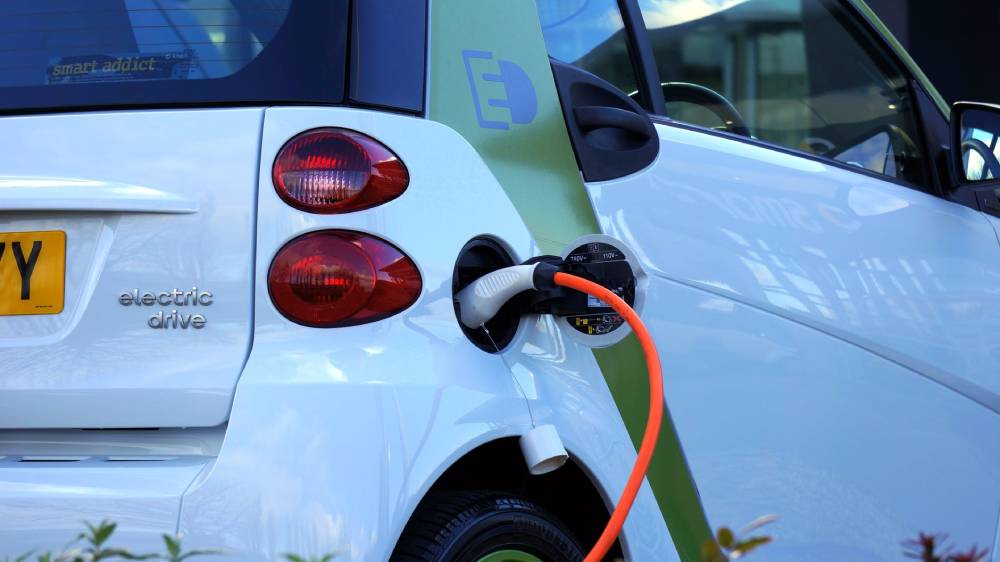
There is a common misconception that you can recover VAT on an electric car, due to their environmentally friendly characteristics. However, there is no difference in the treatment for VAT purposes between electric cars and cars that run on petrol or diesel.
Can any VAT be recovered on electric cars used for business purposes?
The inability to reclaim VAT on cars applies to both electric cars and petrol/diesel cars. The exception is a car that is not available for private use. For example:
-
If the electric vehicle in question is a company car used exclusively for business purposes, and has business-only insurance.
-
The electric car is a pool car that is kept at the business premises and used by staff for business purposes only. HMRC would normally expect the employees' contracts to reflect that they are prevented from using the car for private journeys.
VAT incurred on repairs and maintenance for an electric car used for business purposes can all be reclaimed as input tax, providing the business pays for the work. It does not matter if the car is also used for private motoring.
This also applies to maintenance provided by a leasing company, provided that the maintenance services are optional and clearly separate from the lease itself.
Can you reclaim the VAT in electric car charging costs?
Individuals who are in business, either as sole proprietors or partners in a partnership, can reclaim VAT on the cost of charging electric vehicles at business premises, public charging points, and at home. Mileage records must be kept identifying how much of the cost of electricity relates to business use.
Whenever an employee charges an electric car (whether it's a company vehicle or not) at a public charging point, the electricity is supplied to the business, which can recover VAT on the charging cost.
To enable VAT to be reclaimed when an employee submits a mileage claim for the cost of charging an electric car at a public charging point, with effect from 1st September 2025, HMRC has introduced a new VAT Advisory fuel rate for public charging of electric vehicles.
How does the VAT advisory fuel rate work on electric cars?
The rate is set at 14 pence per mile, with the VAT element being 1/6th of this amount, equating to 2.33 pence per mile. The normal VAT recovery rules for employee mileage claims apply to charging electric cars. Therefore, a receipt for public charging dated within the period of the employee's expenses claim, along with details of business mileage, is required.
When an employee charges an electric car at home (whether it is a company vehicle or not), the overall supply of electricity goes to the employee rather than to the employer. The employer is not able to recover the VAT on the cost of charging the electric vehicle.
HMRC is considering the situation where an employee is reimbursed by the employer for the actual cost of electricity used in charging an electric vehicle for business purposes to determine what evidence can be practicably provided to allow the employer to claim the related VAT, subject to the normal rules.
Important: HMRC policy on VAT on public EV charging
Revenue & Customs Brief 7 (2021) sets out HMRC’s policy concerning the VAT treatment of charging electric vehicles at charging points in public spaces.
It is the view of HMRC that supplies of electric vehicle charging through charging points in public places are charged at the standard rate of VAT.
The Brief sets out HMRC’s reasons that they believe the reduced rate of VAT for de minimis supplies of electricity does not apply. However, VAT law does not reflect this and there is a strong argument that the VAT rate applied to electricity supplied through public charging points qualifies for the reduced rate of 5%. Watch this space!
Do you need assistance with VAT?
The Shorts VAT team has a wealth of experience in all areas of VAT, including the various VAT issues surrounding vehicles used for business. If you would like to learn more, we encourage you to read our extensive library of VAT guides and features. If you have a specific query relating to VAT, we welcome you to contact us for a free consultation.

Lynne Gill
My area of expertise is land and property transactions but I have extensive knowledge of both domestic and international VAT and I love complex VAT queries. I have an Honours degree in Business Studies and a VAT legal and technical qualification from the Institute of Indirect Taxation.
View my articlesTags: VAT
